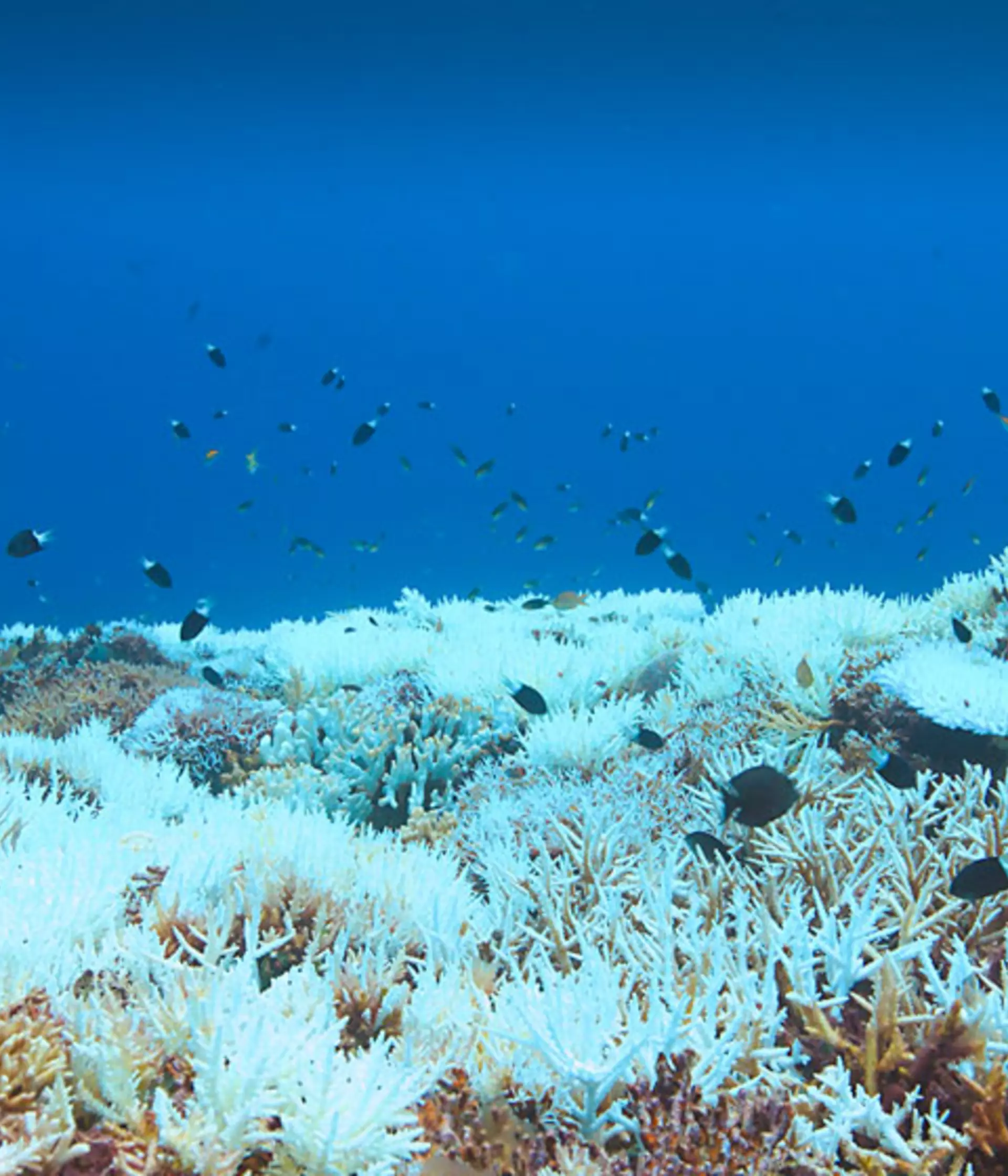Prof Nathalie Pettorelli
Professor, IOZ
Climate change and biodiversity
The pressure on our planet is growing. Increases in global temperatures are impacting the frequency and intensity of extreme climatic events.
These changes may have negative consequences for the Earth’s biota. Potentially leading to catastrophic mortality events, an increased vulnerability to habitat loss and overexploitation, local extinctions, and in extreme cases, ecosystem collapse. Now, more than ever, life needs our support.
We’re working with partners to improve our ability to predict which species and ecosystems may be vulnerable to extreme climatic events soon, to support prioritisation efforts and drive forward a journey of recovery for the planet.
The impact of climate change on biodiversity
The viability of species and ecosystems are increasingly threatened by climate change. A recent analysis for example showed that ~6% of the worlds’ terrestrial mammals are ‘significantly’ exposed to cyclones and ~23% to droughts. At present, the potential vulnerability of species to extreme climatic events is not considered when assessing extinction risk. Similarly, our understanding of the risks that increased climatic events pose to ecosystem functioning remains limited.
Insight into the impacts of extreme climatic events
Our work is expected to provide an insight into vulnerability to extreme climatic events for a variety of species and ecosystems. So far, we have focussed on mammals, savannahs, tropical forests and mangroves, but our aim is to help develop standard assessment approaches and to identify critical information needs.
People involved
Nathalie Pettorelli - Institute of Zoology
Guy Cowlishaw - Institute of Zoology
Sarah Durant - Institute of Zoology
Partners
- University College London, UK
- University of Veracruz, Mexico
- Chinese Academy of Sciences, China
Urgent action to stop the devastation of critical species and habitats by helping people and wildlife live better together, is the only way to save the natural world we love and depend upon. That’s where ZSL comes in, and where you can play your part.
